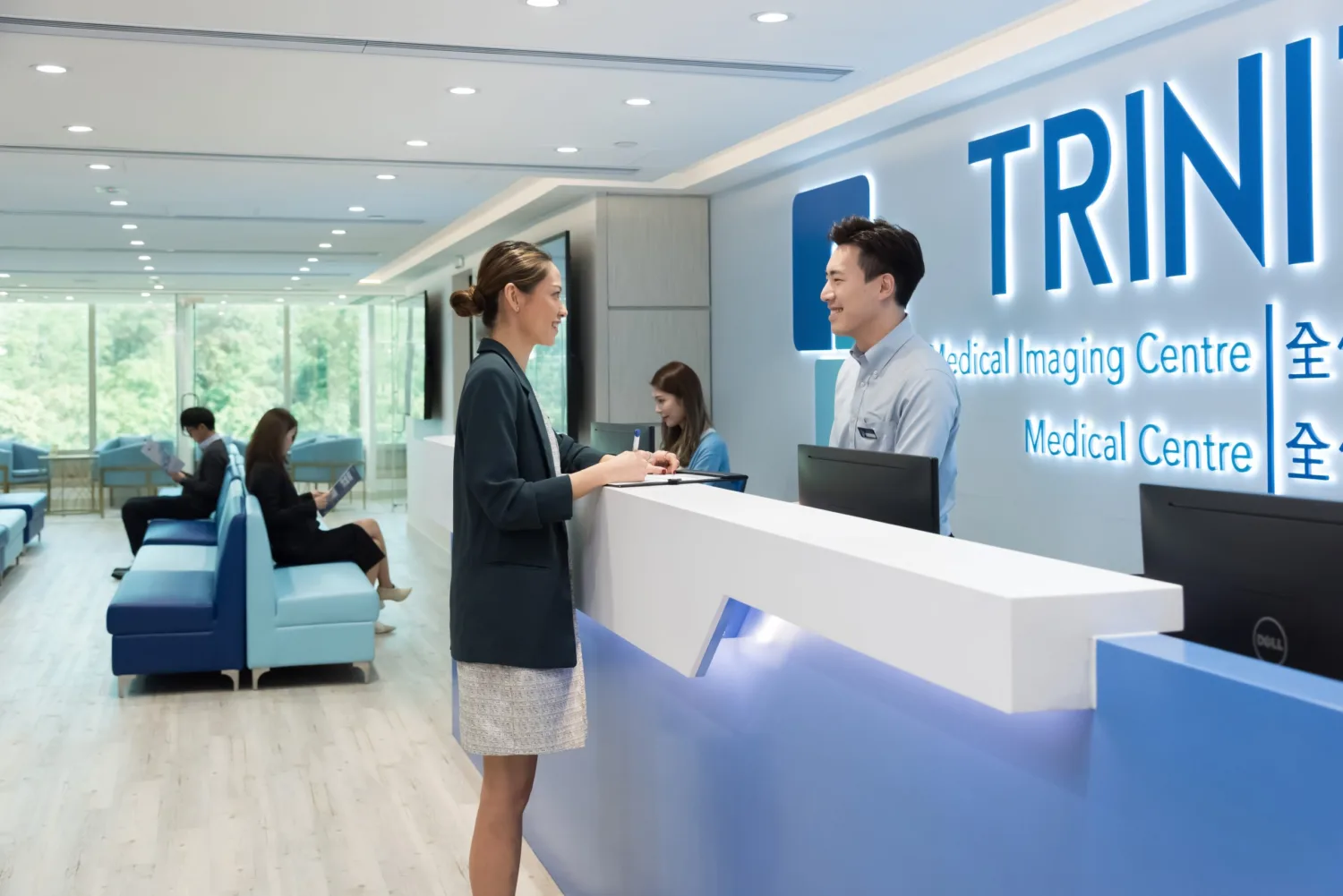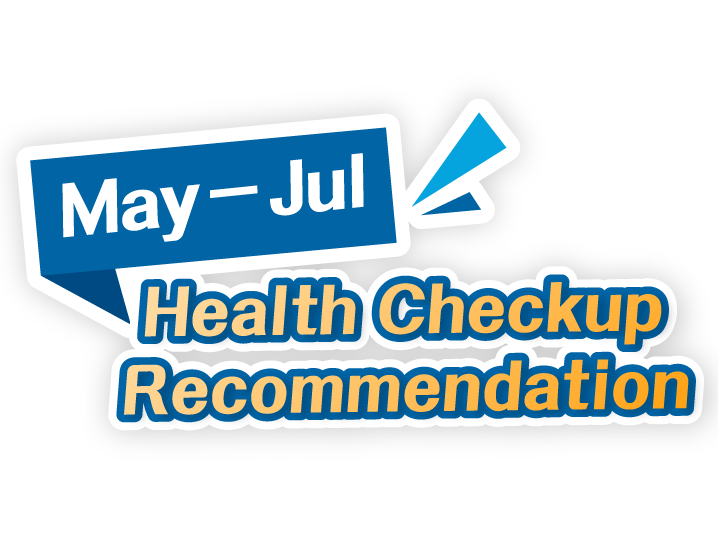- Home
- Preventing Cancer through Regular Body Checks: A Comprehensive Guide
Preventing Cancer through Regular Body Checks: A Comprehensive Guide

The Importance of Body Checks in Cancer Prevention
Cancer is a devastating disease that affects millions of people worldwide. However, with the right preventive measures, such as undergoing regular body checks, we can significantly reduce the risk of developing cancer. Body checks play a vital role in early detection, monitoring risk factors, and promoting a proactive approach to maintaining good health.
Early Detection: A Lifesaving Advantage
The Significance of Early Detection in Cancer
Early detection is crucial in the fight against cancer. Regular body checks enable the identification of potential warning signs or risk factors associated with cancer. By detecting abnormalities at an early stage, healthcare professionals can intervene promptly, increasing the chances of successful treatment outcomes. Whether it’s identifying abnormal tissue growth, detecting tumors, or uncovering other indicators of cancer, early detection empowers individuals to take immediate action.
Types of Body Checks for Early Detection
Several body checks can aid in the early detection of cancer. These screenings are designed to identify specific types of cancer or precancerous conditions. Let’s explore some common screenings:
Mammography: Mammograms are X-ray examinations used to detect breast cancer in women. They can identify abnormal growths or changes in breast tissue that may indicate the presence of cancer.
Pap Smear: A Pap smear is a test that screens for cervical cancer in women. It involves collecting cells from the cervix to check for any abnormalities or precancerous changes.
Colonoscopy: This procedure examines the large intestine and rectum for signs of colorectal cancer. It involves inserting a thin, flexible tube with a camera into the colon to visualize and detect any abnormal growths or polyps.
Prostate-Specific Antigen (PSA) Test: The PSA test measures the level of PSA in a man’s blood, which can indicate the presence of prostate cancer. It is often used in conjunction with a digital rectal exam to assess the prostate gland.
Skin Examination: A thorough examination of the skin can help detect early signs of skin cancer. Dermatologists can identify suspicious moles or lesions that require further evaluation.
These are just a few examples of body checks that can aid in the early detection of cancer. The specific screenings recommended may vary based on factors such as age, gender, family history, and individual risk factors. It’s essential to consult with healthcare professionals to determine the most appropriate screenings for your situation.
Monitoring and Managing Risk Factors
Regular body checks enable the monitoring and management of various risk factors associated with cancer. By identifying these factors, individuals can take necessary steps to reduce their risk and make lifestyle changes that promote better health. Here are some key risk factors to consider:
Family History: A family history of certain cancers, such as breast, ovarian, colorectal, or prostate cancer, can increase an individual’s risk. During body checks, healthcare professionals assess family history to determine if additional screenings or genetic testing may be warranted.
Genetic Predisposition: Certain inherited gene mutations, such as BRCA1 and BRCA2, are associated with an increased risk of breast and ovarian cancers. Genetic testing can help identify individuals with these mutations, allowing for proactive measures and personalized screening recommendations.
Lifestyle Factors: Unhealthy lifestyle choices can contribute to cancer development. Smoking, excessive alcohol consumption, poor nutrition, lack of physical activity, and exposure to environmental carcinogens are all factors that can increase the risk of cancer. During body checks, healthcare professionals can provide guidance on adopting a healthy lifestyle and making positive changes.
Exposure to Carcinogens: Occupational or environmental exposures to carcinogens, such as asbestos, certain chemicals, or radiation, can increase the risk of developing cancer. Body checks can assess these exposures and provide guidance on minimizing risks or seeking additional evaluations if necessary.
Regular body checks also allow healthcare professionals to monitor changes in risk factors over time. By tracking and managing these factors, individuals can take proactive steps towards reducing their cancer risk and improving overall health.
Promoting Health Awareness and Education
Regular body checks create awareness about personal health and empower individuals to make informed decisions. By understanding their health indicators and risk factors, individuals can take charge of their well-being. Healthcare professionals play a crucial role in providing education and guidance on cancer prevention strategies. Some key areas of focus include:
Healthy Diet: Nutrition plays a significant role in cancer prevention. Healthcare professionals can provide guidance on adopting a balanced diet rich in fruits, vegetables, whole grains, lean proteins, and healthy fats. They can also advise on reducing the consumption of processed foods, sugary beverages, and excessive salt intake.
Regular Exercise: Physical activity is important for maintaining overall health and reducing the risk of cancer. Healthcare professionals can recommend exercise routines that suit an individual’s fitness level and lifestyle. Regular exercise can help maintain a healthy weight, boost the immune system, and lower the risk of certain cancers.
Sun Protection: Skin cancer is one of the most prevalent types of cancer. Healthcare professionals can educate individuals about the importance of sun protection, including wearing sunscreen, protective clothing, and avoiding excessive sun exposure, especially during peak hours. They can also teach individuals how to perform self-examinations of their skin to identify any suspicious moles or lesions.
Vaccinations: Vaccinations can prevent certain types of cancers. For instance, the hepatitis B vaccine can protect against liver cancer, and the human papillomavirus (HPV) vaccine can reduce the risk of cervical, anal, and other related cancers. Healthcare professionals can provide information about these vaccines and recommend them based on age, gender, and other risk factors.
Regular body checks serve as a reminder to prioritize health and make necessary adjustments to reduce the risk of cancer. Through these check-ups, individuals can actively participate in their well-being and take preventive measures to stay healthy.
In conclusion, regular body checks are essential in the prevention of cancer. Early detection, monitoring risk factors, and promoting health awareness are all advantages of undergoing body checks. By investing in our health and working closely with healthcare professionals, we can take proactive steps towards a healthier and cancer-free life. Remember, prevention is key, and regular body checks are a vital component of maintaining our well-being. Take charge of your health today and schedule your next body check to protect yourself from the risks of cancer.
Trinity Medical Centre situated in the heart of Central, Causeway Bay, and Tsim Sha Tsui . Trinity Medical Centre is a leading provider of one-stop Supreme Imaging Services, e.g., MRI, CT Scan, 3D Mammography, Ultrasound, Cardiovascular, X-ray etc. Combining advanced technology and a dedicated team of healthcare specialists, we offer a wide range of comprehensive and premier quality imaging & healthcare services.

